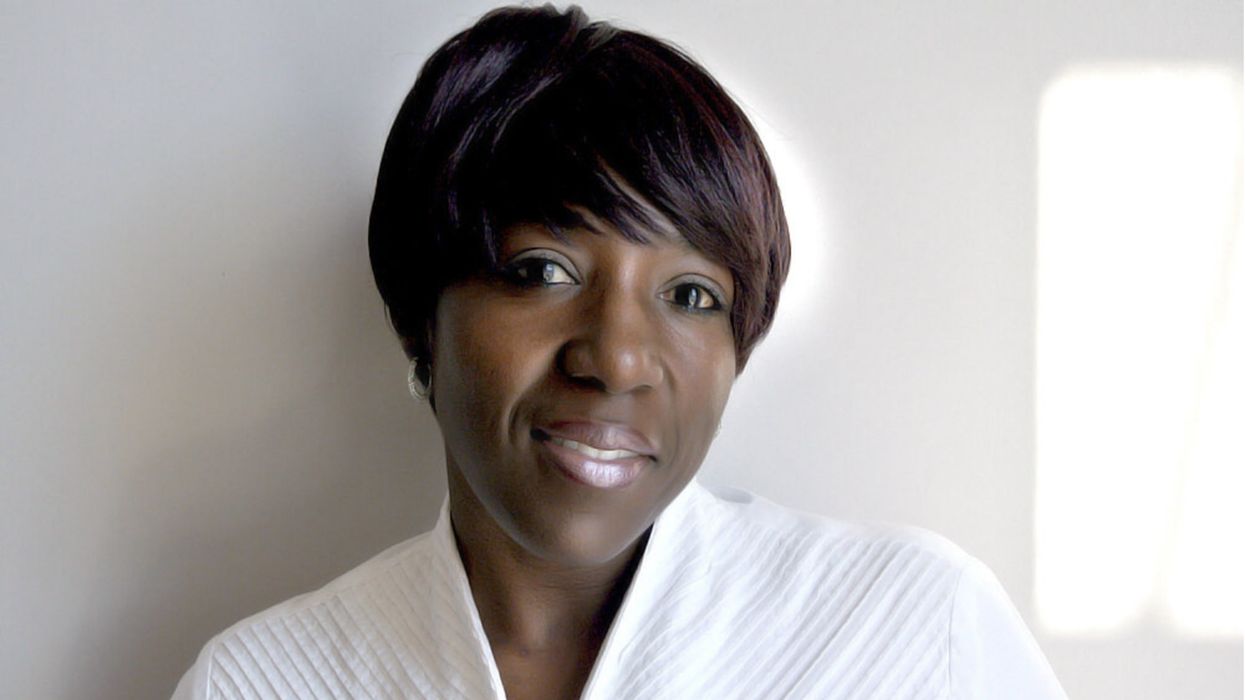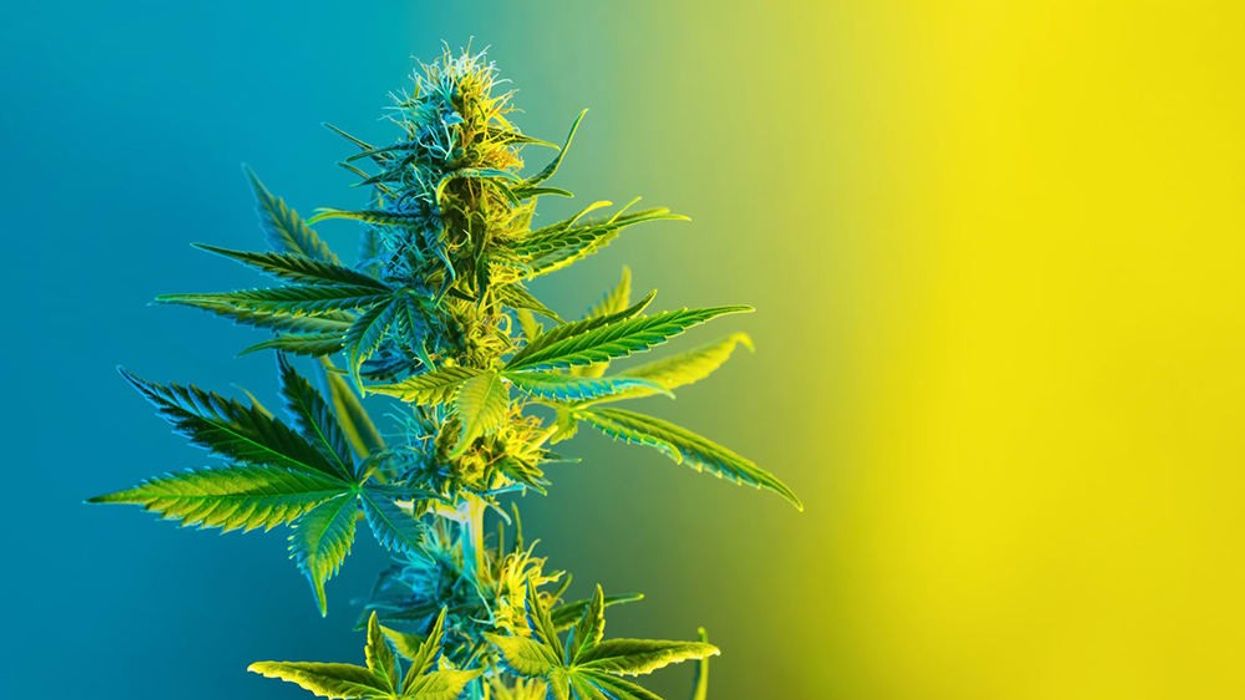Khadijah Tribble is an expert on equity and inclusion in the cannabis industry. She is the founder of Marijuana Matters, an organization focused on advocacy and education, and co-founder of Marijuana Policy Trust, a collective aimed to build inclusiveness and diversity within the industry. Tribble was recently named Vice President of Social Responsibility at Curaleaf, a leading resource in education and advancement through research and advocacy.
Tribble spoke with Forbes about how the Black Lives Matter movement may shape the cannabis industry.
According to Tribble, the BLM movement has given the cannabis industry an opportunity to find another way to do good in the community. This movement has opened a door for companies to work with the community and respond accordingly to the wants and needs of the movement.
Tribble spoke about her initiative to make Curaleaf more inclusive and diverse. She believes you must create systems that encourage inclusivity, there needs to be a system ready to disrupt and replace the negative systems currently in place.
Anytime that you have an industry that is headed and influenced by any group of people -- in this case it’s white, male and predominantly straight -- there are some unconscious biases happening
Khadijah Tribble
She also mentioned how adding sexuality and race to a person’s identity presents difficult and layered challenges. There are both intentional and unintentional things happening in the industry which makes it more difficult for women, people of color, and people who are queer. When people who invest in cannabis all look alike and come from similar backgrounds, you create systems that are white male heterosexual-centered.
Lastly, Tribble discussed the other social issues that need to be addressed by the industry. She mentioned the importance of putting resources into overly policed areas, such as Washington D.C., where individuals have a fear of law enforcement in order to address inequities in those communities.
Read the full interview on Forbes.















 The Truth About THC Candle: Cannabis Candles & How to Make Your Own - The Bluntness
Photo by
The Truth About THC Candle: Cannabis Candles & How to Make Your Own - The Bluntness
Photo by 





